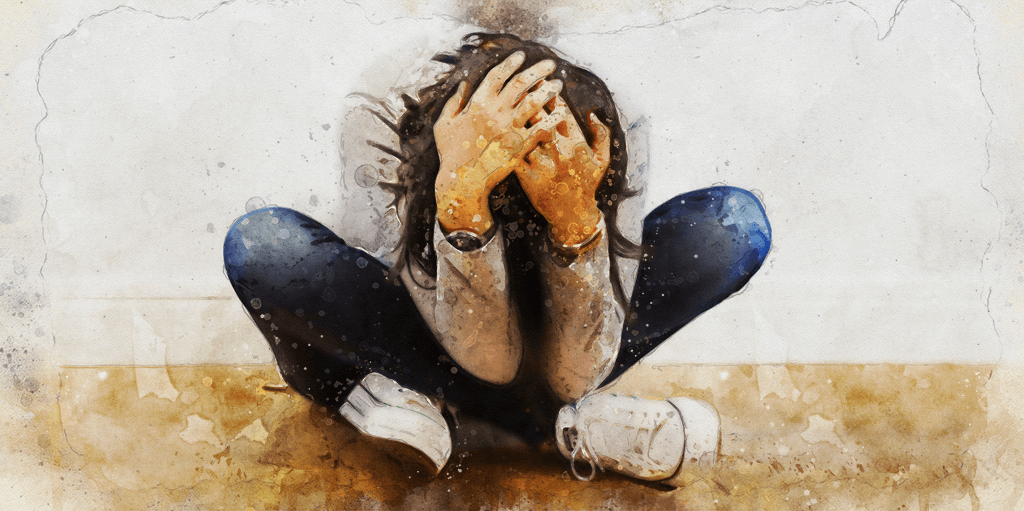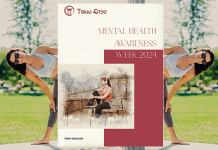Guilt, a complex emotion, often arises when we believe we’ve acted against our moral compass or failed to fulfil expectations, either our own or those of others. At its core, guilt is a deeply personal experience, influenced by our values, beliefs, and societal norms. When managed healthily, it can be a constructive force, guiding us towards making amends and improving ourselves. However, unchecked guilt can lead to negative emotional and behavioural impacts, affecting our life balance, well-being, and sense of empowerment.
The Impact of Guilt on Emotions and Actions
Guilt can manifest in various ways, emotionally and behaviourally. Emotionally, it can lead to feelings of sadness, anxiety, and a pervasive sense of regret. Behaviourally, it may cause overcompensation in relationships or work, avoidance of certain situations, or self-punishment. These reactions, while aimed at mitigating guilt, often disrupt our life balance, creating a cycle of stress and emotional turmoil.
Managing Guilt for Life-Balance and Well-Being
- Self-Reflection: Understanding the root cause of your guilt is crucial. Reflect on why you feel guilty and whether it’s based on realistic self-expectations or external pressures.
- Seeking Forgiveness and Making Amends: If your guilt stems from a specific action that hurt others, seeking forgiveness and making amends can be a powerful step towards resolution.
- Self-Compassion and Forgiveness: Often, we are our harshest critics. Practicing self-compassion and learning to forgive ourselves is essential for emotional healing.
- Setting Realistic Expectations: Adjust your expectations of yourself. Understanding that making mistakes is a part of being human can help ease guilt.
- Professional Support: Sometimes, the weight of guilt can be overwhelming. Seeking support from a therapist or counsellor can provide you with strategies to cope and move forward.
Empowering Yourself in the Face of Guilt
- Learning from Mistakes: View your experience with guilt as a learning opportunity. What can it teach you about your values and decision-making?
- Positive Actions: Channel your feelings into positive actions. Engage in activities that align with your values and contribute positively to your community.
- Maintaining Balance: Ensure that your response to guilt doesn’t consume your life. Strive for a balanced approach to work, relationships, and self-care.
- Mindfulness Practices: Mindfulness and meditation can help you stay grounded and deal with feelings of guilt healthily.
- Building Resilience: Each time you cope with guilt effectively, you build emotional resilience, empowering you to handle future challenges with greater ease.
In conclusion, while guilt is an inevitable part of the human experience, it doesn’t have to dictate our lives. By understanding its roots, addressing its causes, and adopting strategies for emotional wellness, we can transform guilt into a catalyst for personal growth, life balance, and empowerment. Remember, the journey to managing guilt is not about perfection, but about progress and self-understanding.






